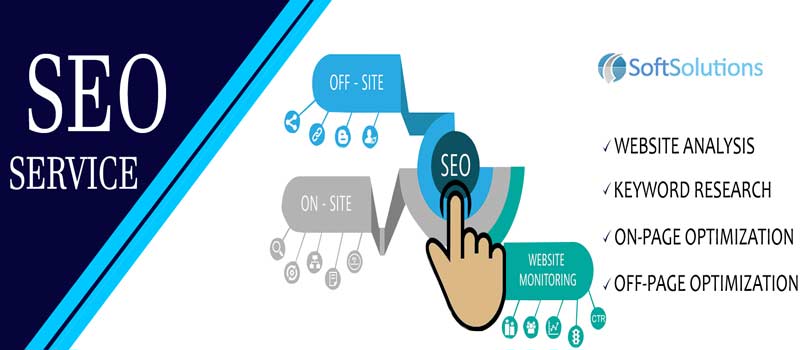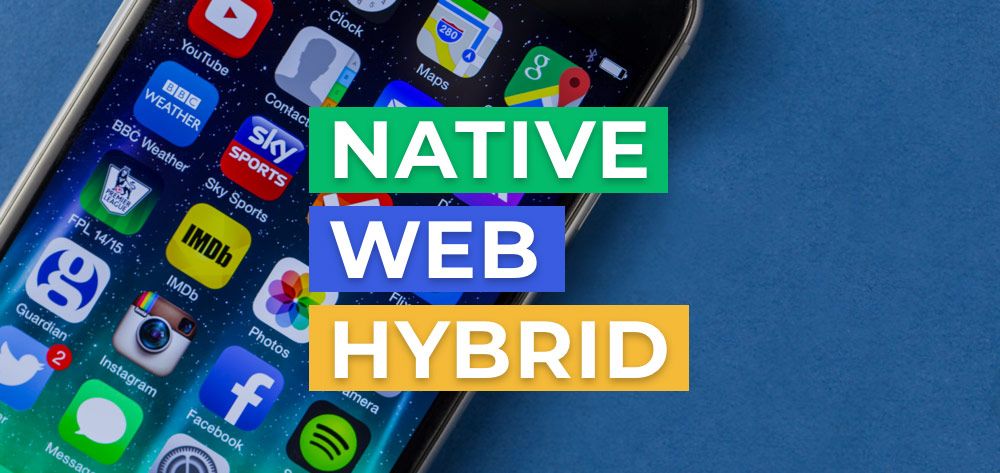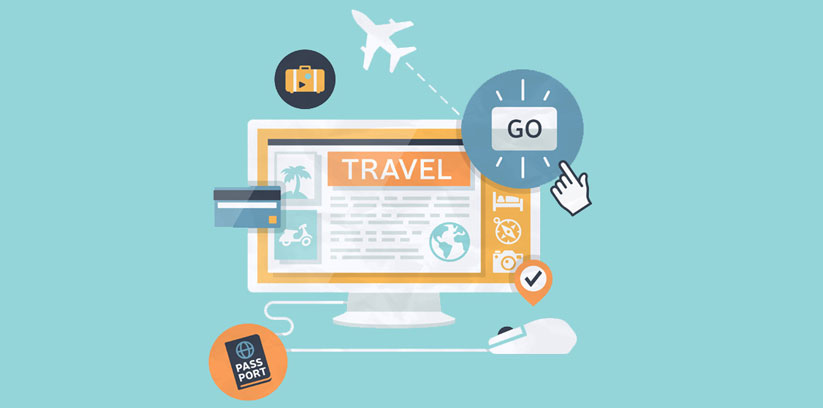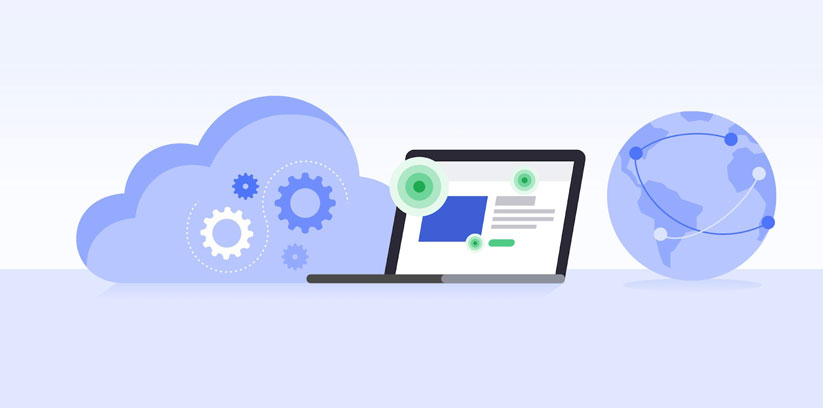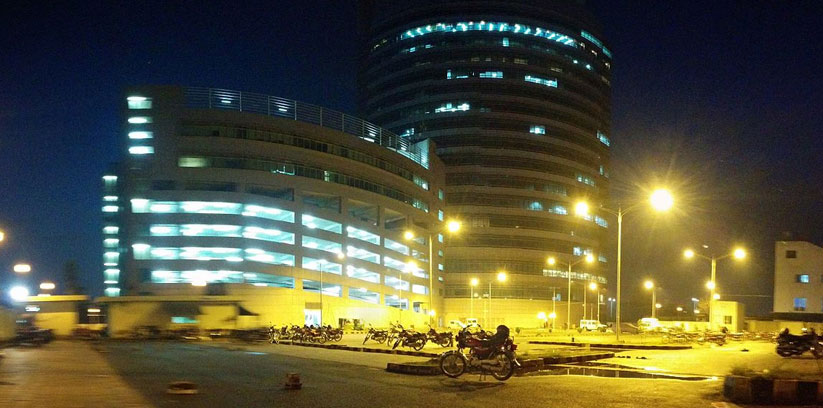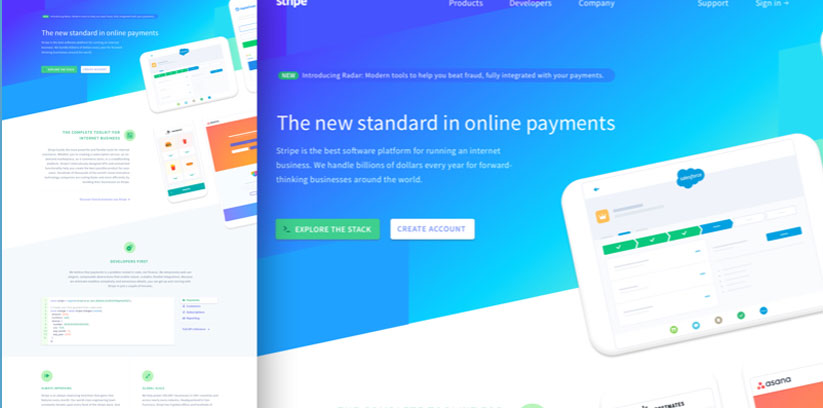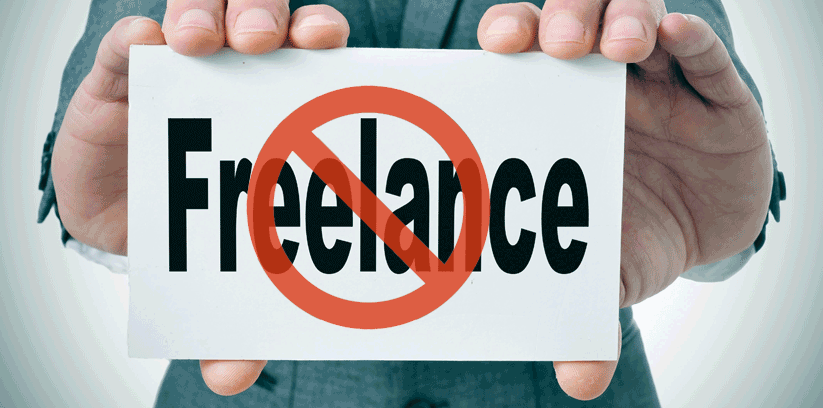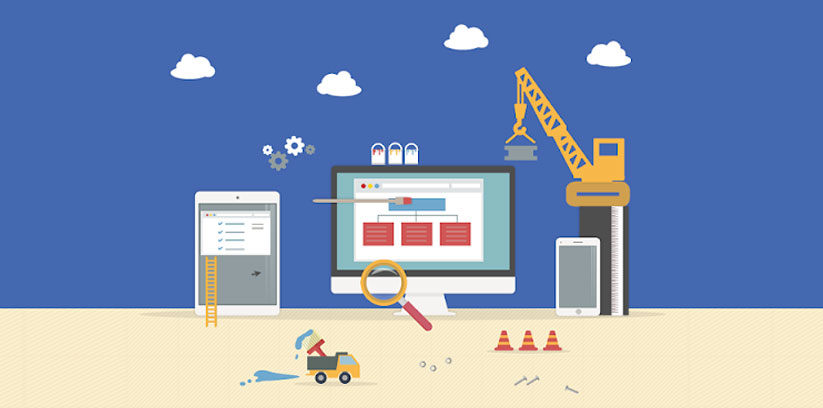How Do We Prevent Our Website From Being Hacked

Is there anything more terrifying and disturbing for website owners than getting to know that their website’s content has been altered or erased by a hacking attack. Read Why your website is more important? Almost every day we hear news about data theft of users from different social media sites or cyberattacks on various banking systems or leakage of confidential government documents. Hackers have exposed and manipulated the lack of security on the internet all over the world.
Keeping all these concerns in mind your website’s security becomes the most essential and critical thing to care about. You might be wondering why a hacker will try to hack a small website, but the fact is, that any website can easily be a victim of hacking. A report has found that 43% of all data breaches come from small or medium business websites. You must have spent a lot of time building your website, so wouldn’t it be a wise thing to work on your website’s security, maintenance, and supportto defend it from nefarious hacking attempts.
Steps to Protect A Website From Hacking Attempts
1. Security Plugins must be Installed
If your website is built with CMS (Content Management Systems), installing security plugins can enhance your website’s security. These plugins have the ability to prevent hacking attempts. All the CMS (Combined Management Systems) have security plugins and the good thing is many of them are available for free.
WordPress security plugins
®Wordfence
®Bulletproof Security
®iThemes Security
®Sucuri
Magento security options
® Amasty
® MageFence
® Watchlog Pro
Joomla security extensions
®JHackGuard
®Antivirus Website Protection
®RS Firewall
These plugins can overcome the vulnerabilities of security that are common in each platform and have the ability to stop hacking attempts threatening your website.
2. Move to HTTPS
HTTPS or HyperText Transfer Protocol Secure can be explained as s secure communication agreement that ensures the transfer of important and confidential information from a website to a web server. By adding a layer of TLS (Transport Layer Security) to the HTTP, you can make the users and your data more secure from the attempts of hacking.
3. Passwords Must Be Strong
Another way hackers try to hack information is Brute Force attacks, as they try to guess the username and passwords. These types of attacks have also increased at an alarming rate. By getting your passwords strong, you can efficiently limit the risk of Brute Force and Dictionary attacks. Your password’s combination must include alphanumeric characters, symbols, upperand lower case characters. Passwords should be at least 12 characters long to make Brute Force attacks less effective.
4. Always Have Automatic Backups
The worst and the most painful thing for you will be losing all the data and not having a proper backup Things we need to know before designinga website. Keeping the backup of your website will make it easier for you to recover. You can manually keep your data’s backup, but if you want some peace of mind, you can also invest in automatic backups.
5. SSL-Domain and Hosting
SSL-Domain Hosting can also play a vital role in improving a website’s security. SSL can be further defined as Secure Sockets Layer, a protocol certificate that can be installed with any hosted domain. If you want to use the SSL certificate, you should have a hosted domain. Read for best services for web hosting in Lahore.
SSL certificate is very essential because it enables a safe and secure transfer of sensitive and personal information such as credit cards and contact information between website and server.
There might be many other ways to make a website secure as well, but the above-mentioned steps will surely help you in preventing hacking attempts to a huge extent.
Articles Categories
Related Articles
30 April, 2020
28 April, 2020
24 April, 2020
16 April, 2020
13 April, 2020
08 April, 2020
07 April, 2020
31 March, 2020
04 March, 2020
24 February, 2020
12 February, 2020
19 December, 2019
11 November, 2019
08 November, 2019
06 November, 2019
04 November, 2019
02 November, 2019
30 October, 2019
25 October, 2019
23 October, 2019
21 October, 2019
18 October, 2019
14 October, 2019
12 October, 2019
09 October, 2019
07 October, 2019
03 October, 2019
26 September, 2019
24 September, 2019
21 September, 2019
19 September, 2019
11 September, 2019
05 September, 2019
03 September, 2019
31 August, 2019
26 August, 2019
23 August, 2019
19 August, 2019
18 August, 2019
02 August, 2019
22 November, 2018
31 October, 2018
07 May, 2018
14 March, 2018

